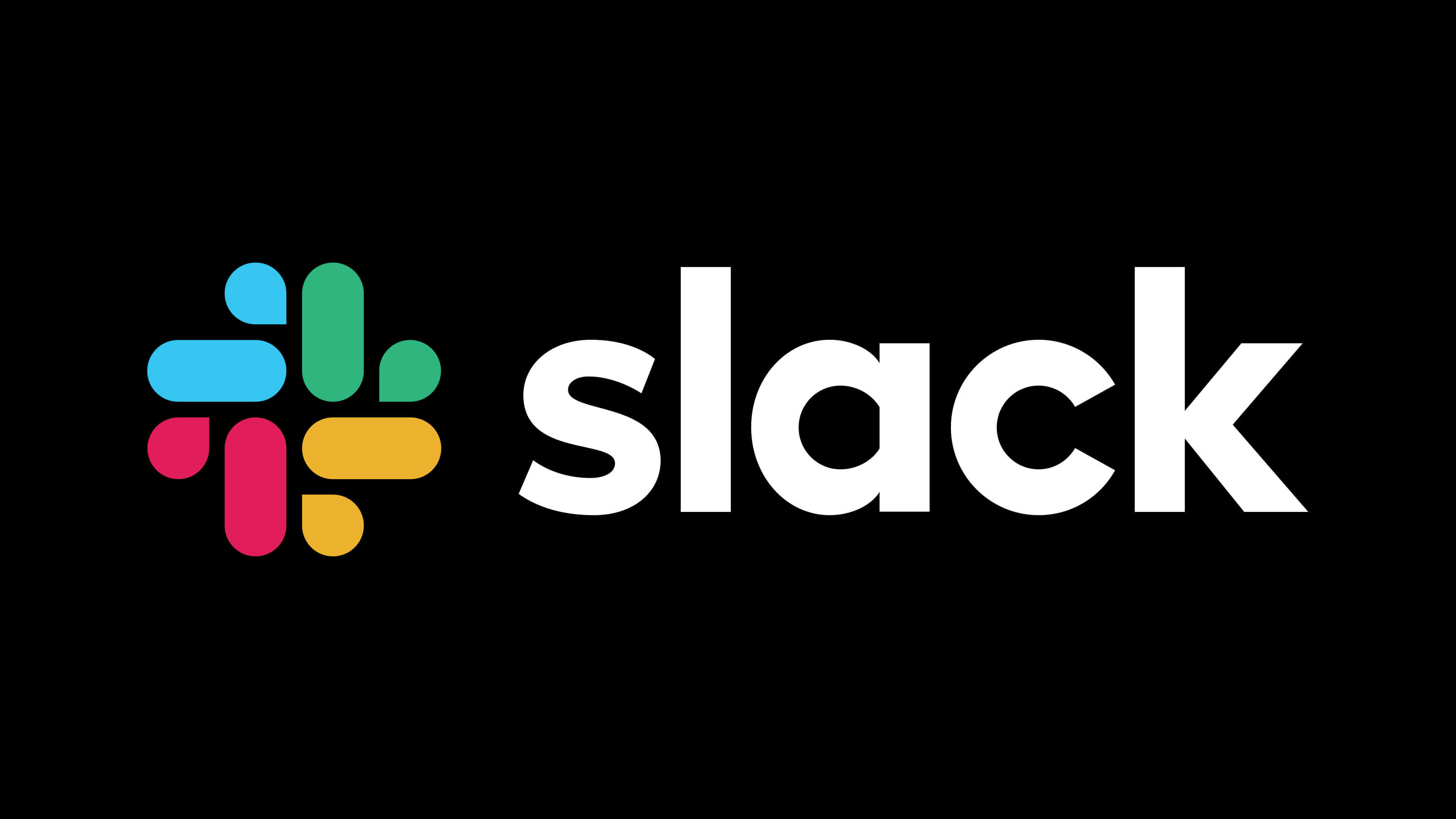How to Land Your First Job in 7 Steps

How to Land Your First Job in 7 Steps
Landing your first job is a significant milestone that sets the foundation for your career. It teaches you valuable skills, exposes you to new experiences, and provides networking opportunities. Whether you're a high school student looking for a part-time job or a recent graduate seeking your first professional role, these seven steps will guide you through the process of landing your first job.
1. Set Your Expectations
Starting your job search with realistic expectations is crucial. Higher-paying jobs often require additional education and experience, so it's important to focus on entry-level positions initially. Jobs in retail, sales, fast food, and other entry-level sectors are good starting points. These roles provide essential experience and are often readily available as many teenagers and young adults seek them out. While these positions may not be glamorous, they offer a great way to build your resume and gain valuable skills.
2. Network with Peers
Networking is a powerful tool, especially when you're starting your career. Let your friends, family, and schoolmates know that you're looking for a job. They may have connections to local businesses or know of job openings that haven't been advertised yet. Personal recommendations can significantly increase your chances of landing a job. Additionally, consider joining local community groups, clubs, or online forums related to your interests to expand your network further.
3. Consider a Job for the Experience
Your first job might not be your dream job, but it can offer valuable experience that will benefit you in the long run. For example, working in retail can teach you customer service skills, time management, and how to handle different situations. A job in a restaurant can provide insights into business operations, teamwork, and food safety. These experiences are not only valuable for your personal growth but also make you a more competitive candidate for future job applications.
4. Write a Resume
Having a resume is essential, even if you have little or no professional experience. Highlight your education, skills, and any relevant experiences, such as volunteer work or internships. For instance, if you excelled in a public speaking course, mention your strong verbal communication skills. If you volunteered at a local charity, include the skills you gained, such as teamwork, organization, and event planning. Use a simple, clean format with clear headings to make your resume easy to read.
- Include contact information: name, phone number, email, and address.
- List your education, including any honors or relevant coursework.
- Highlight your skills, such as computer proficiency, languages, or certifications.
- Detail any work or volunteer experience, focusing on responsibilities and achievements.
5. Search for a Job
While networking can help you find job opportunities, you should also actively search for jobs online. Use job boards, company websites, and professional networking sites like LinkedIn to find openings. Many websites and apps can help you search for jobs based on your location, interests, and qualifications. Create a professional online profile showcasing your skills, talents, and experience. Regularly check for new job postings and be proactive in applying to positions that match your career goals.
6. Prepare for the Interview
Once you secure an interview, preparation is key. Start by researching the company and understanding its mission, values, and culture. Review the job description and note the required skills and qualifications. Practice common interview questions and prepare thoughtful answers that highlight your strengths and experiences. Consider the STAR method (Situation, Task, Action, Result) to structure your responses. Additionally, prepare questions to ask the interviewer, demonstrating your interest in the role and the company.
- Review the job description and requirements.
- Research the company's history, mission, and values.
- Practice answering common interview questions.
- Prepare questions to ask the interviewer.
- Plan your route and ensure you arrive on time.
7. Dress Appropriately
Your appearance can make a strong first impression, so dress appropriately for the interview. Choose an outfit that is one step above the company's usual dress code. For instance, if the workplace is business casual, opt for business formal attire. Ensure your clothes are clean, ironed, and fit well. Pay attention to grooming details like neat hair, clean nails, and minimal jewelry. Dressing professionally shows that you take the interview seriously and respect the opportunity.
Why Your First Job is Important
Your first job is more than just a paycheck; it's a stepping stone in your career. It teaches you essential workplace skills, helps you understand what kind of work you enjoy, and provides networking opportunities. The people you meet and the experiences you gain can shape your career path. Additionally, your first job can help you build a professional network that may lead to higher-paying opportunities in the future. The skills and experiences from your first job will make your resume more competitive and increase your chances of landing better jobs down the line.
Where to Start
Before applying for jobs, take stock of your current connections and skills. Think of friends or family members who might help you get a job at a small business or local employer. Volunteer work, community service, or involvement in a civic organization can also provide valuable experience that makes you a strong candidate. Reflect on your interests and career goals. For example, if you want to work in the film industry, consider starting at a local movie theater. If you're interested in culinary arts, look for a job at a local restaurant. Starting in a role that aligns with your interests can set you on the right career path.
Following these steps can help you land your first job and set the foundation for a successful career. Remember, your first job is a learning experience that will provide valuable skills and connections for your future. Good luck!
Frequently Asked Questions

Stephen Leshko
Stephen Leshko is the CTO of OfferPilot, where he drives technological innovation and development. With a deep passion for artificial intelligence, he focuses on integrating AI solutions to enhance the job search experience for users.
You should also check out


